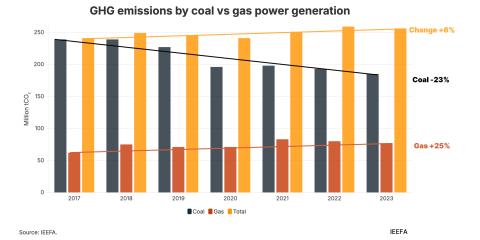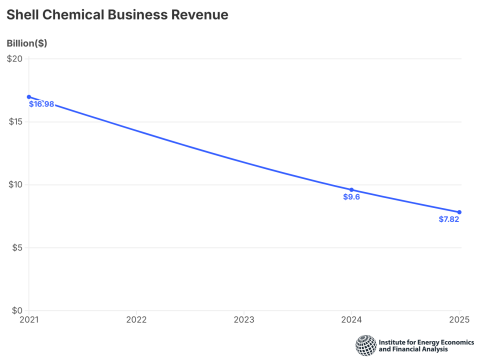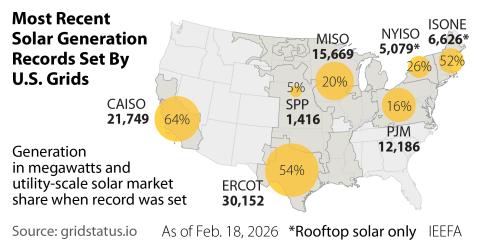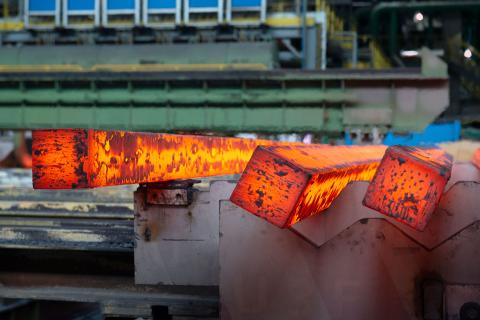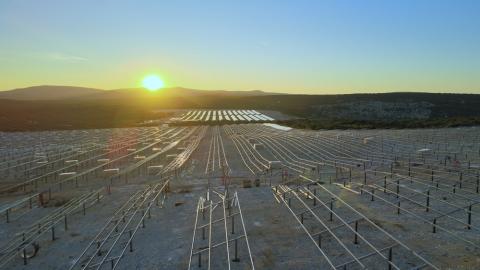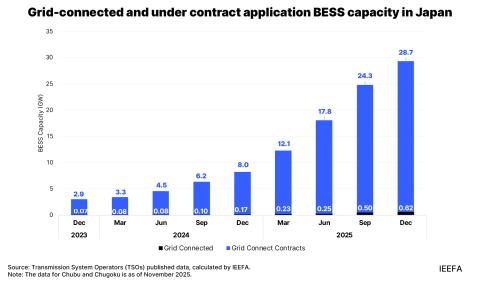IEEFA op-ed: The Philippines considers a power sector future without new coal
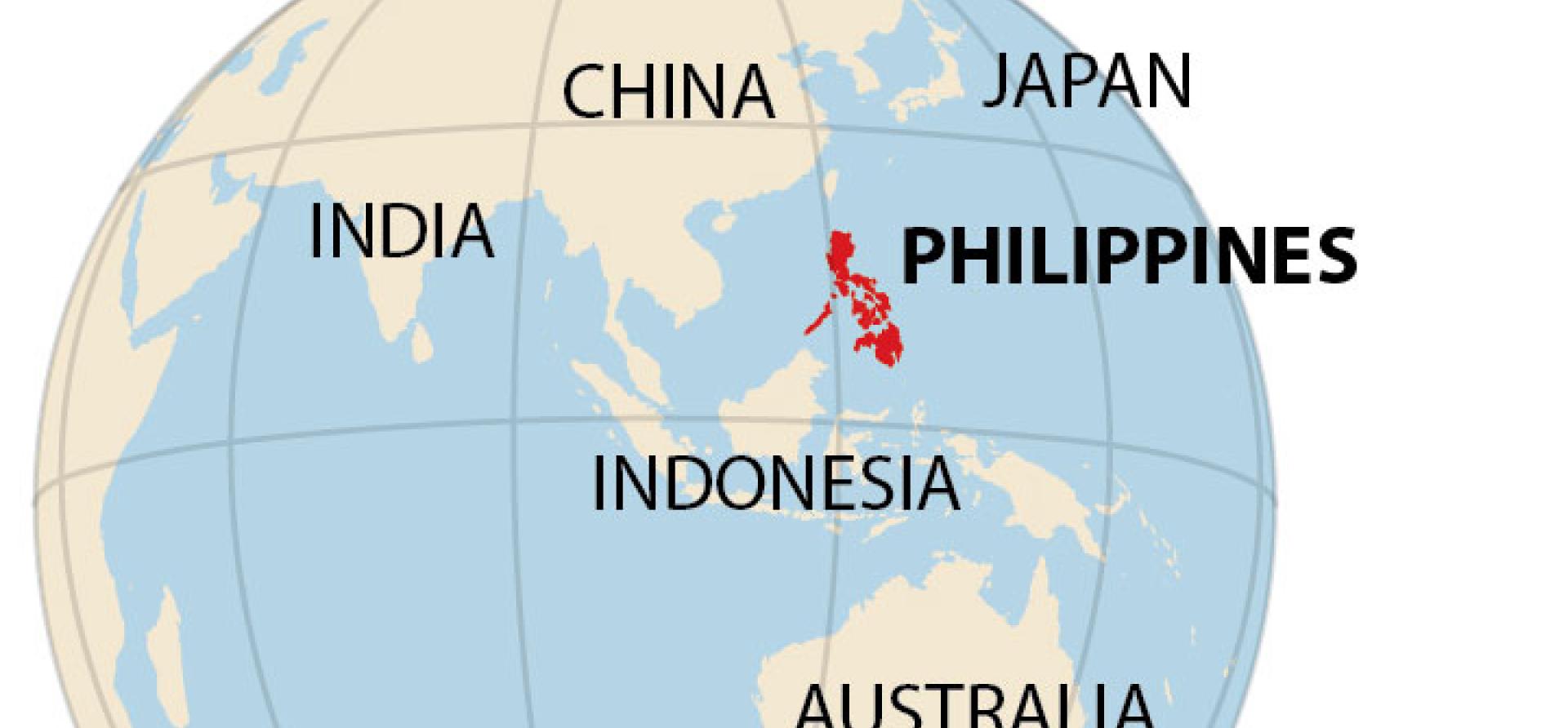
COVID-19 has exposed the fragility and inequities of the old economy. On June 5, the Philippines’ Congress Committee on Climate Change approved House Resolution 761 calling for a climate emergency response, which includes not permitting any new coal plants. Such a measure would support of the Department of Energy’s earlier caution against an overreliance on inflexible technologies such as coal that cause grid instability. Last week, the largest conglomerates, Ayala, Aboitiz and San Miguel, made public their vision for a transition towards renewable energy during an ‘OurEnergy2030’ webcast.
Resolution 761 calls for a climate emergency response, which includes not permitting any new coal plants.
The CEO of Ayala-owned AC Energy stressed that since 2016, solar and wind technology have scaled up significantly due to lower costs. This was the catalyst for AC Energy’s pivot to renewable energy in the Philippines and around the region. Just last month, AC Energy announced it would finalize coal exit plans by 2025 with full divestment to be completed by 2030.
They have moved forward with this vision through the sale of a coal plant for USD 600 million and the proceeds are expected to be used for renewable energy investment. Earlier this month, AC Energy and joint venture partner UPC Renewables made a high profile USD 539.1 million takeover bid for Infigen, one of Australia’s largest wind asset owners. AC Energy’s CEO mentioned that they started with 100 megawatts (MW) in 2016 and have grown their portfolio to 1000MW with hopes to build 5000MW by 2025. AC Energy aims to be the largest listed renewable energy platform in Southeast Asia.
The Aboitiz Group through its holding company Aboitiz Equity Ventures (AEV) announced that it has become the first and only company in the Philippines to register as a supporter of the Task Force on Climate-Related Disclosures (TCFD) in line with its commitment to environmental, social and governance (ESG). They aim to better improve the reliability of data they share with stakeholders and rightly so because undisclosed risk will remain a mismanaged risk.
San Miguel Corporation (SMC) pledged to contribute to the energy transition through investments by SMC Global Power, their power subsidiary, in renewable energy and battery storage. SMC announced a pipeline of 10,000MW of renewables investments over the next 10 years, with 1200MW to be completed by 2024, focused on hydroelectric and wind. It also plans to be at the forefront of battery storage technology, raising USD 500 million in investment. SMC Global Power is also focused on grid infrastructure investment opportunities in the Philippines that would address voltage and frequency instability problems.
These statements from the legislative arm and the private sector on energy transition are timely, considering the four-sided risk that fossil fuel dependence has for an importing country such as the Philippines.
- Inflexibility: Coal-fired power supply agreements (PSAs) have locked in inflexible capacity payments with a minimum energy off-take, pushing up prices when there are shifts in demand or outages. Coal plants are unable to operate below a minimum stable value due to their inherent inflexibility, which can drive up prices.
- System lock-in: Imported fossil fuel options such as coal and gas result in large-scale system lock-in which includes support infrastructure. Neither of these options are incremental decisions, nor are they economical without scale. For example, fossil gas requires a large infrastructure investment which would require the same capital recovery guarantees from consumers as coal and oil receive.
- Price instability and high prices: Standard PSAs stipulate that fuel cost adjustments charged to consumers are indexed against a commodity price benchmark, the Newcastle Coal Price Index in the case of coal. This variance in price is currently permitted under market rules. Coal-fired power prices have previously ranged from PHP 3.5 to PHP 7.11 per kilowatt-hour (kWh).
- Negative effects on the trade balance: The Philippines imported an estimated 29.4 million tonnes of coal in 2019 at a cost of USD 2.3 billion, representing 7% of the nation’s yearly trade deficit. This is triple the tonnage imported in 2011. It is also important to note that the Philippines had a trade deficit of USD 34.6 billion in 2019. Reducing or even zero coal imports could mitigate that imbalance because future fossil fuel lock-in stands to negatively contribute to the trade balance.
The four-sided benefits of transmission modernization, renewable energy and storage:
- Flexibility: Renewable energy PSAs have more flexible financial arrangements as payment is based on kWh delivered instead of capacity payments. Moreover, a modernized grid coupled with storage options can take advantage of low-cost domestic renewable energy while providing system flexibility.
- Modular: Moving power from a large coal-fired plant through a high voltage line in one direction towards low voltage wires and eventually to consumers has not delivered energy access or energy reliability. It would be beneficial to build modular renewable energy systems to cope with incremental capacity needs and to invest in grid modernization to improve reliability.
- Price stability and cost-competitiveness: Reduced or even zero imports of coal would insulate the economy from the ups and downs of volatile commodity markets, providing valuable price stability while positively contributing to the balance of trade. This is especially relevant given the falling costs of renewable energy generation and storage.
- Job opportunities: A near-term boost to the economy could include modernizing energy infrastructure to drive job growth supported by transmission upgrades, domestic renewable energy and storage.
The Covid-19 economic lockdown has created an opportunity for the Philippines to improve its power system by recalibrating country-level assumptions about technology, finance, and economic outcomes. The country has a rare opportunity to come together in support of clean energy options that will benefit everyone.
Sara Jane Ahmed is an energy finance analyst of the Institute for Energy Economics and Financial Analysis.
Media Contact: Kate Finlayson ([email protected]) +61 418 254 237
Author Contact: Sara Jane Ahmed ([email protected])
About IEEFA
The Institute for Energy Economics and Financial Analysis (IEEFA) examines issues related to energy markets, trends and policies. The Institute’s mission is to accelerate the transition to a diverse, sustainable, and profitable energy economy.


